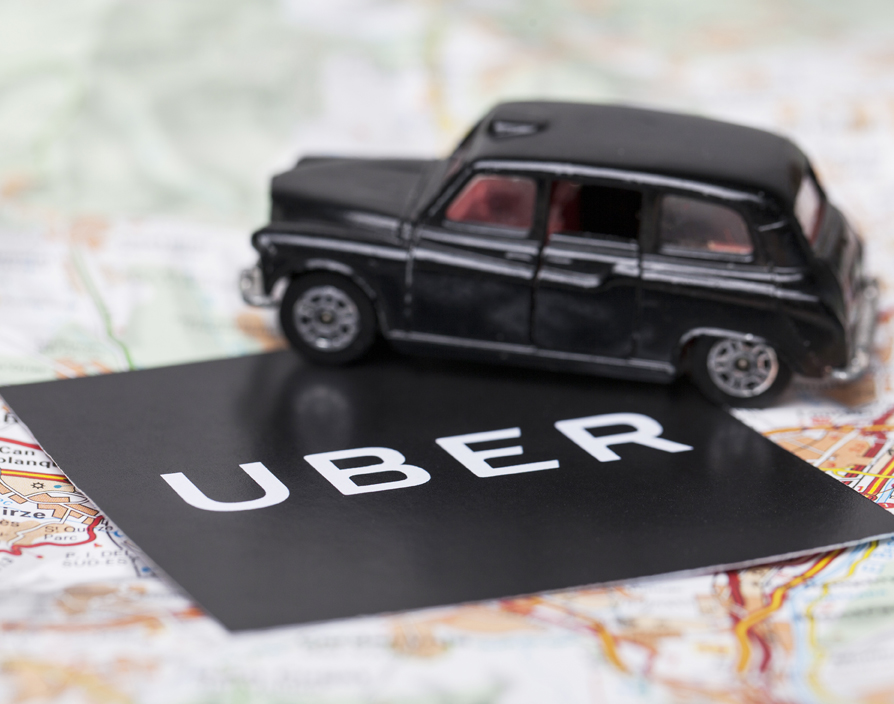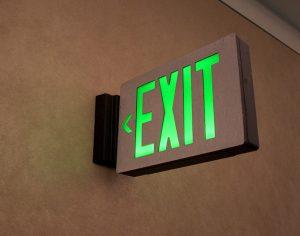There seems to be no end to Uber’s worries in London. Having just barely reclaimed its licence to operate in the city after being stripped of it back in September, the ride-hailing venture is now facing another threat in the form of a class-action lawsuit spearheaded by its fiercest foes – London’s black cab drivers.
London Cabbie Group Action is the joint name for the group consisting of trade unions and London taxi representatives that’ve come together to pursue High Court action against Uber. Essentially, the group claims Uber’s entry into the market in 2012 was unlawful and has led to damages and a loss of earnings for the city’s licensed cabbies. Having worked together with economists, London Cabbie Group Action estimates the claim could cover damages of £500m, if not more depending on the number of drivers joining the suit.
The legal action will be handled by the law firm Mishcon de Reya which will represent the plaintiffs, including trade organisations like Licensed Taxi Drivers’ Association (LTDA), Unite the Union and United Cabbies Group as well as organisations like London Cab Drivers Club. Moreover, Harbour Litigation Funding, a provider of litigation funding, is backing the suit and is inviting more licensed drivers to join the fight.
Commenting on the news, Steve McNamara, general secretary of LTDA, said: “We recognise that there needs to be a level playing field between minicabs and licensed cabs on London streets but we believe Uber has operated unlawfully, resulting in a loss of earnings for many qualified licensed cab drivers. It is vital that they are recompensed for their losses. Perhaps only then will licensed cabs and Uber be operating on an even footing, which we all would welcome.”
Business Insider reports that Uber hasn’t replied to the class-action lawsuit yet. Instead, it is seemingly trying to understand what the basis of the legal action is.
While Uber is keeping quiet, others are questioning whether or not the cabbies actually have a case against the tech titan. “This strikes as another attempt to disenfranchise Uber from the London taxi market,” said Giulia Sinibaldi, a solicitor and specialist in civil and commercial litigation, at Vardags, the law firm, when talking to Elite Business. “On the face of it, the LTDA have no apparent cause of action. This intended claim, if successful, will set a dangerous precedent as it could act as a restraint on competition which ultimately will not be in the best interest of the public. Black cab drivers are just another example of an established section of a market facing the challenge of a competitor exploiting new technologies and disrupting the market.”
However, while acknowledging that London Cabbie Group Action “will have a steep uphill climb to establish liability,” Isabel Teare, associate at Mills & Reeve, the law firm, explained that the outcome won’t be easy to predict. “[They] are using a large law firm and have financial backing from a specialist litigation funding organisation, which indicates that there is substance to the case,” she told Elite Business. “The third party funder would not support the case without a strong and reasoned view that it has prospects of success.”
Teare added: “However, on the information currently available it still seems likely that Uber will win in the end. Whatever the ethical rights and wrongs of the case they were operating under licence from 2012 to 2017.”
It’s hardly a secret that London’s black cab drivers harbour no fuzzy feelings when it comes to the tech titan from across the pond. In the past the cabbies have staged blockades in protest of the newcomer to the market and are no strangers to venting visceral loathing against Uber on social media. “Black cabs are determined to defend their position and you can see their point,” said Jon Smith, chief marketing officer at Autocab, the taxi systems provider. “They are subject to stringent regulation and increasing costs as an industry, with drivers requiring ‘the knowledge’ to be operational. In contrast, there are far fewer barriers to entry for Uber and their drivers. Uber’s argument is that it’s not a like for like comparison.”
Even though it’s impossible to say who would win if the case was brought before the High Court, it’s safe to say that Uber still has several hurdles to overcome before it can enjoy a smooth ride operating in London. ![]()
Share via:


















































